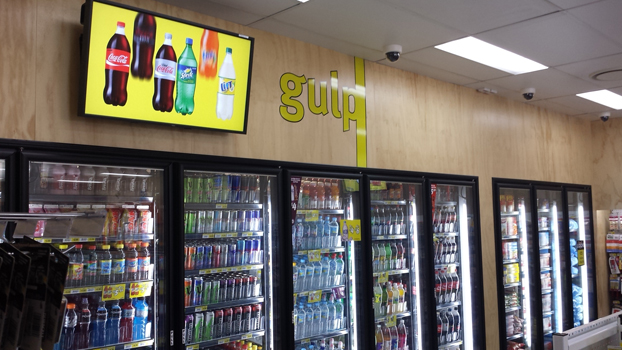Suppliers believe that smaller retailers in the grocery, convenience and petrol convenience market will take advantage of the $20,000 asset tax deduction for small businesses (under $2 million turnover) across two years announced in the Federal Budget on May 12.

However, accounting and advisory firm BDO urged small retailers to be prudent with spending.
Melbourne-based The Perfect Fry Company markets a range of food cooking, frying and display equipment to SME retailers and its Michael Brick said that he expects a potentially positive impact from the $20,000 asset tax deduction.
However, he added that the message needs to get out that petrol convenience retailers can claim the deduction, referring to the not well-known Tax Office exemption, where petrol retailers’ petrol sales are exempted from the $2 million threshold for calculating annual turnover.
“I believe it will have a positive effect for smaller retailers and for people who are ready to purchase, and who are aware of our products,” Mr Brick said.
Branko Maric, director of Melbourne-based Marketstall Solutions, which supplies EDGEPoS systems and cigarette dispensing units, said in mid-May that it was too early to tell what the impact will be from the Budget’s accelerated asset tax deduction, while he believes that the company will eventually gain some benefit.
At shopfitters Brian Cummins Group, of Ingelburn, NSW, business development manager Simon Cummins said he believes that the asset tax deduction will be beneficial for small retailers, while the $2 million threshold is a barrier.
Mr Cummins said there has been an uptake in enquiries since the Budget, which could also be linked to an upswing in consumer confidence.
“We have some concerns that the $20,000 spending limit will only help smaller grocers and convenience stores such as Friendly Grocer type of smaller independents and as the FoodWorks group only has a handful of stores that would fit under the $2 million threshold,” Mr Cummins said.
“Areas that small retailers could look at include service counter and impulse area upgrades; shelving; coffee machines; shopping trolleys; improving corporate signage and exterior image; and cash recycling systems that can be built into the POS counter as an intelligent safe.”
At Revel Systems, which specialises in iPad POS systems, Josh Franklin said the firm is already seeing an increase in enquiries from the P&C and grocery convenience sector.
“Revel Systems are suited to the smaller end of the P&C and grocery convenience store market where the asset tax deduction will give the smaller retailers a boost,” Mr Franklin said.
He added that one of the benefits from updating a POS system is that retailers can introduce customer loyalty programs and inventory control and as Revel runs on iPad, it can run back office functions via an internet browser more efficiently, such as employee rostering, inventory, and warehouse re-ordering.
Partner-in-charge of Business Recovery and Insolvency at accounting and advisory firm BDO Rachel Burdett-Baker urged small retailers to be cautious when taking advantage of new tax deductions announced in this year’s Federal Budget.
“Small businesses across Australia are still doing it tough and for many of them cash flow is one of the biggest concerns,” Ms Burdett-Baker said.

